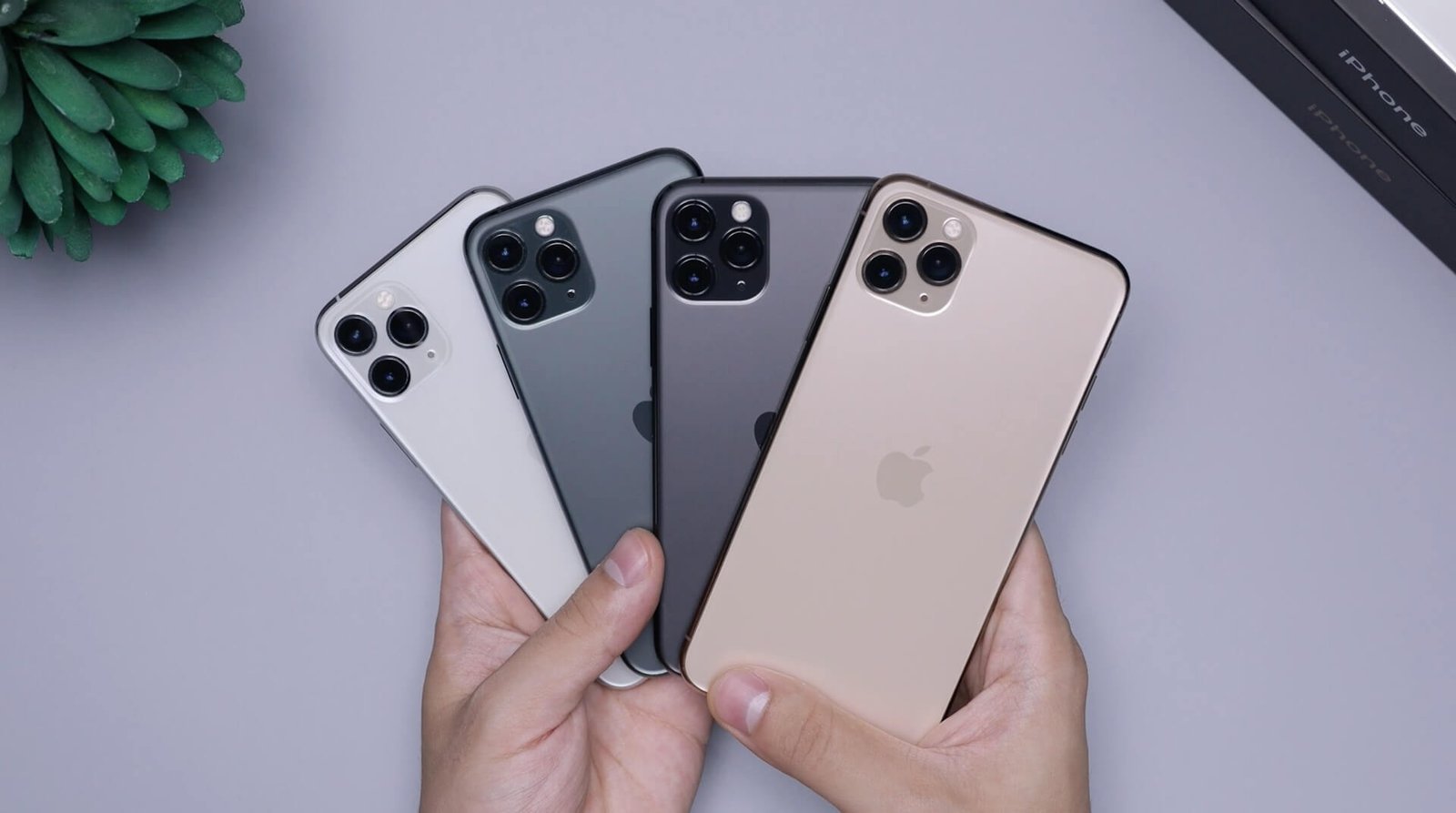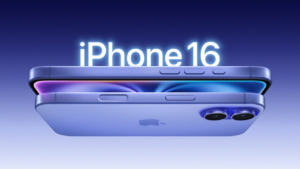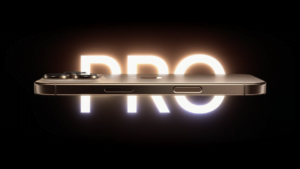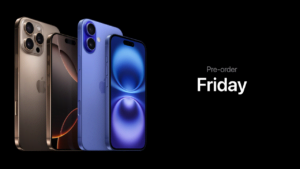It seems that 2024 isn’t going to be a good year for Apple. Apple has been forced to make several changes in their product lineups and working principles. As Apple is the biggest electronics company in the world, they have fallen under strong scrutiny for each step they take. Recently, the US Department of Justice filed a lawsuit against Apple for monopolizing smartphone markets.
It was a major shocker for Apple, as they’ve been continuously dominating the US smartphone market and have no actual competition so far. Even their Mac series has grabbed the US computer market. These are the reasons why Apple is being compelled to answer in front of the US Department of Justice.
Let’s go ahead and learn more about this issue.
Table of Contents
ToggleApple Lawsuit Explained: Apple Monopolizing Smartphone Markets?
The US Justice Department, along with 16 other state and district attorneys general, has taken a major action by filing a civil antitrust lawsuit against Apple. They are alleging that Apple has been trying to control or dominate the smartphone markets, which goes against the Sherman Act.
The lawsuit was filed in the U.S. District Court for the District of New Jersey, accusing Apple of maintaining its monopoly over smartphones by using selective contractual restrictions and not allowing developers access to key points. Some tech experts are arguing that Apple is hindering competition by restricting the creation of apps, products, and services that could decrease people’s dependence on iPhones.
And Apple is also degrading other apps and services that encourage compatibility between devices, and save money for both consumers and developers. According to the lawsuit, the impact of Apple’s alleged monopoly goes beyond just affecting consumers. It is claimed that Apple’s control over the market leads to higher costs for consumers.
Developers, content creators, artists, publishers, small businesses, and merchants are getting paid less than what they deserve. The accusation is that Apple’s practices are negatively impacting a large number of people and organizations by maintaining high prices and restricting options.
The lawsuit filed by the Justice Department and state attorneys general aims to create fair competition in important markets for the American people. They are taking a stand against anti-competitive practices that hurt consumers and slow down innovation. The outcome of this legal challenge is uncertain, but it clearly sends a strong message that enforcing antitrust laws is a key focus for trade and law regulators in the US.
2022 EU Type-C Lawsuit: Apple’s History With Lawsuits Is Old!
In 2022, Apple faced a legal battle in the European Union for sticking with their Lightning connector instead of switching to the more widely accepted USB-C standard for charging ports. This decision caused backlash and ultimately led to a lawsuit from the European Commission. The lawsuit was filed claiming that Apple’s continued refusal to adopt USB-C went against EU competition regulations and negatively impacted consumers.
The legal case revolved around complaints that Apple’s decision to only use Lightning connectors caused severe inconvenience to consumers. And unnecessary expenses were being incurred by customers who had to buy extra cables and accessories. Critics also said this policy harmed the environment by adding to electronic waste, since people had to get rid of or upgrade their current cables and accessories that didn’t work with Apple’s unique connector.
The lawsuit ended when Apple finally promised the EU to transition into Type-C and decided to remove the lightning port from the next products that they’re going to launch. The actual effect of the lawsuit came into existence when Apple added the Type-C port to the iPhone 15 series.
Apple’s Monopolizing Tactics As Per The Lawsuit
Apple’s unfair practices in the smartphone market come in many shapes and sizes, all seem to be showing a trend of behavior that limits innovation and choice for consumers.
- Apple’s actions make it difficult for apps with advanced features to thrive, limiting options for consumers to try different smartphone brands. This intentional blockage restricts competition and helps Apple stay on top of the smartphone market.
- Apple is purposely limiting access to cloud-streaming services on mobile devices, making it difficult for consumers to enjoy quality entertainment without expensive hardware. This helps Apple keep control over the smartphone market and block potential competitors.
- Apple is also degrading the experience of cross-platform messaging apps to force users to stick with Apple products like iMessage, even though this restricts their options for communication. By doing this, Apple ensures that users continue to rely on iPhones, strengthening their market dominance while limiting consumer choice.
- Apple is openly restricting the capabilities of non-Apple smartwatches, which is making it more costly for users to switch from an iPhone to another device. They are also limiting third-party digital wallets by blocking tap-to-pay features in apps, which hinders the ability to make flexible payments and the development of cross-platform wallets.
Is The 2024 Apple Monopoly Lawsuit Long Overdue?

Apple’s tactics of dominating the market have been under the radar of tech experts for a while now, and it has taken a lot of time for the United States to take action. The delay can be due to several factors, including Apple’s strong influence and financial power, which may have made it difficult for regulators to intervene.
The complexity of antitrust laws and the intricacies of technology markets have led to a pretty long evaluation period. Moreover, Apple’s clever strategies, such as locking users into its ecosystem and putting up strong legal defenses, have made it tough for regulators to effectively bring antitrust issues to the legal table.
The dynamic landscape of technology and the fast-paced smartphone industry have also posed challenges, with regulators struggling to keep up with Apple’s dominance in the smartphone market.
To Summarise
2024 has been a rough year for Apple, as they’ve faced a strong statement from the US Department of Justice. Apple’s monopoly has been long overdue for a lawsuit, as they’ve been using unfair trade practices in the US for many years. But the matter has finally arrived on legal grounds and soon everything may change for Apple.
It is expected that Apple will appear in front of a legal bench before July this year and make appeals on the claims. Other smartphone manufacturers are also taking this lawsuit as a wake-up call for unfair trade practices in 2024.
For more global news updates on Indispurt, click here.
FAQs
Why is Apple facing a lawsuit from the US Department of Justice in 2024?
Apple is facing a lawsuit for allegedly monopolizing smartphone markets by using unfair trade practices.
How has Apple’s dominance impacted consumers and the market?
Apple’s dominance has led to limited consumer choice and higher costs.
What are the allegations against Apple in the lawsuit?
Allegations against Apple in the lawsuit include blocking innovative apps, suppressing mobile cloud streaming services, blocking cross-platform messaging, and limiting the usage of third-party wearable accessories.
Why has it taken so long for the US to take action against Apple’s monopolistic tactics?
Apple’s influence and the complexity of antitrust laws are the main reasons behind the delay in action.







